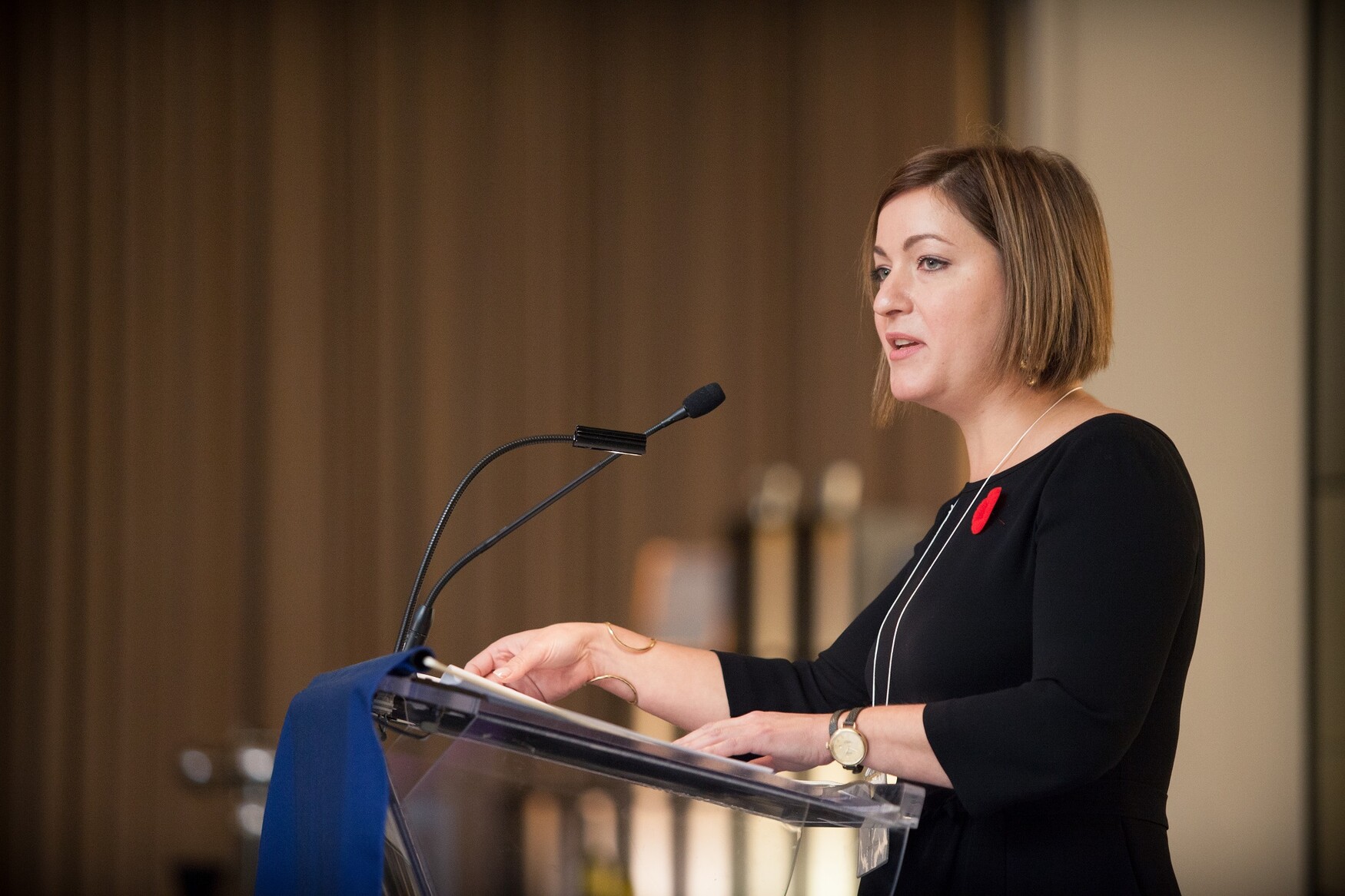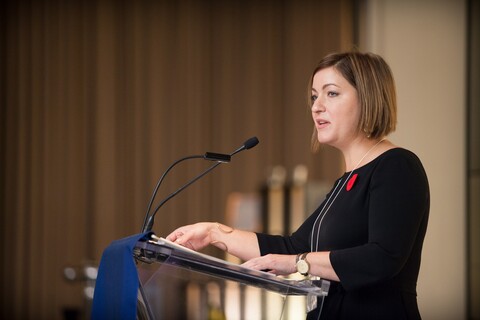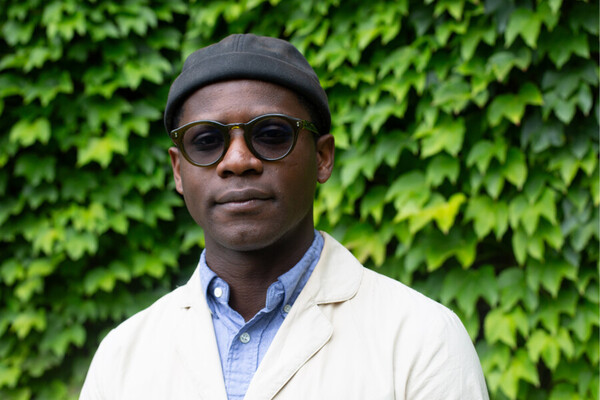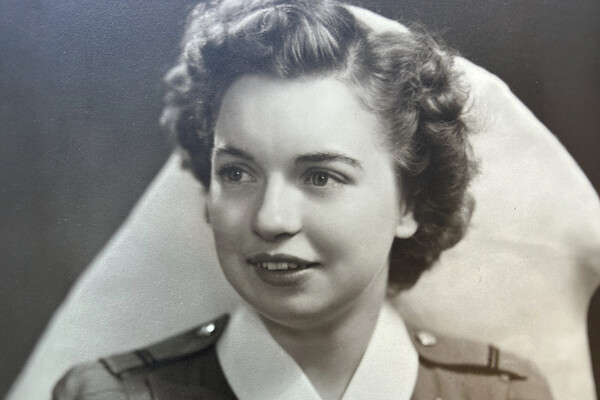Mobile Menu
- Education
- Research
-
Students
- High School Outreach
- Undergraduate & Beyond: Community of Support
- Current Students
- Faculty & Staff
- Alumni
- News & Events
- Giving
- About

Carolyn Morris

“We have a good system, but we need to make it better,” Martin told donors and faculty early November at the annual Dean’s Lunch, “And I don’t mean ‘we’ figuratively — I mean we, as in all of us.”
Drawing from the ideas and stories featured in her new book, she highlighted the case of “Sam” — a healthy senior corporate executive in his 60s, leading a healthy lifestyle as a competitive athlete who didn’t drive, smoke or take any medications. After a series of tests given “just in case” at a semi-private executive clinic, he ended up getting an invasive exam called an angiogram, in which a dye is injected into blood vessels to search for potential artery blockage. While the results showed no sign of disease, Sam ended up paralyzed on one side of his body after suffering a stroke during the procedure.
“We are badly addicted to overprescribing,” said Martin, a family physician, professor in the Department of Family and Community Medicine and vice-president of medical affairs and health system solutions at Women’s College Hospital. She pointed out that up to 30 per cent of tests and treatments across the country could be inconsequential, according to research led by Choosing Wisely Canada and the Canadian Institute for Health Information.
Despite arguing for the medical merits of the quip “Don’t just do something, stand there,” Martin also shared her conviction that when prescriptions are indeed required, they should be accessible.
“Universal pharmacare is the unfinished business of health care,” she said, explaining that one in every five households includes someone not taking a prescribed medication because of cost. “As the economy moves towards more precarious contract work, this problem will grow.”
Martin wrote her book outlining six ideas for improving Canada’s health-care system after gaining international attention through her 2014 appearance in front of the U.S. Senate, for her passionate but nuanced defence of the single-payer system.
In addition to highlighting the need for reducing unnecessary tests and treatments, and including prescription medication in Medicare, she argues we should strengthen relationship-based primary care for all, reduce wait times by reorganizing health care delivery, offer a basic income guarantee and scale up some of the many solutions developed across the country through pilot projects.
Dean Young backed up her push for embracing change — emphasizing that what might seem impossible today, can indeed become feasible with the right investment and expertise.
“When I was in medical school, there were a few things I thought were unquestionable ‘facts,’” he said, explaining that childhood cancer used to be a death sentence, AIDS was incurable and a mental illness diagnosis meant suffering in silence or in sanatoriums. “Since I graduated these assumptions have been upended.”
For Faculty of Medicine donors who invest in the research and education aimed at improving health, this type of change is critical.
“Your support has enabled and catalyzed major strides that are advancing health and health care,” said Executive Director of Advancement, Darina Landa. “Together, we’re expanding possibilities, driving discoveries forward, and improving outcomes of patients and families.”
As Martin shows — there’s still a lot left to do.

